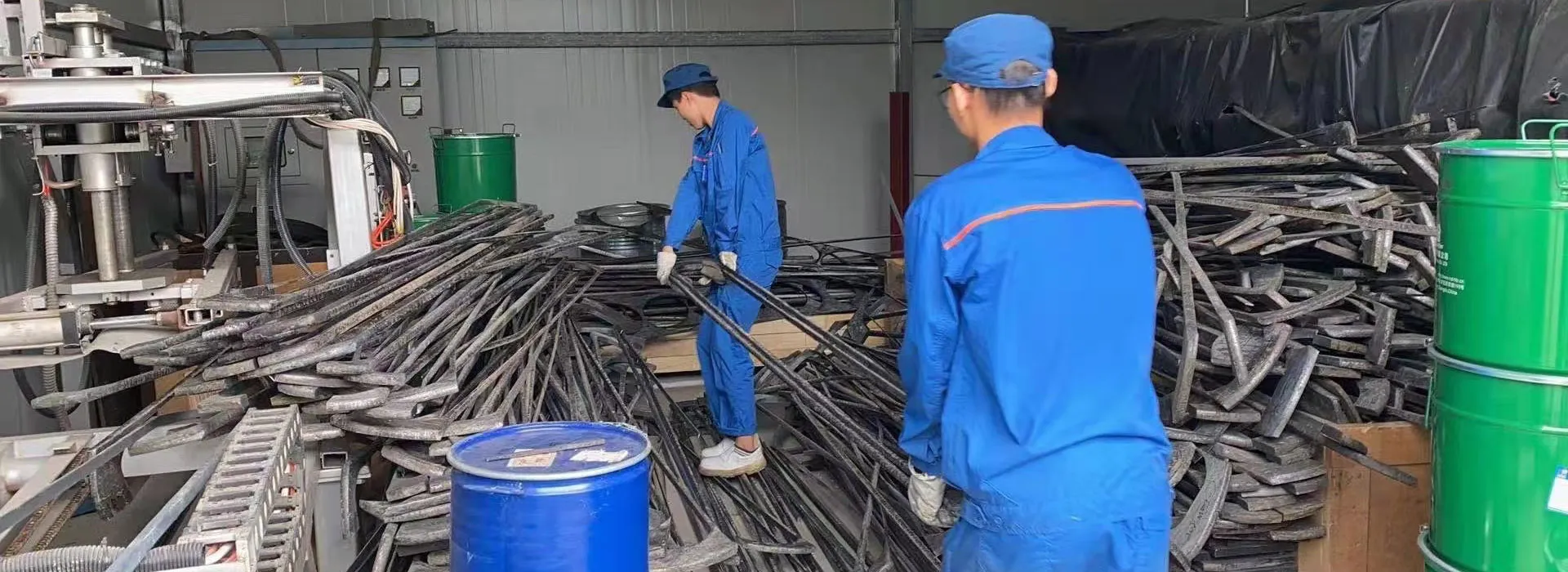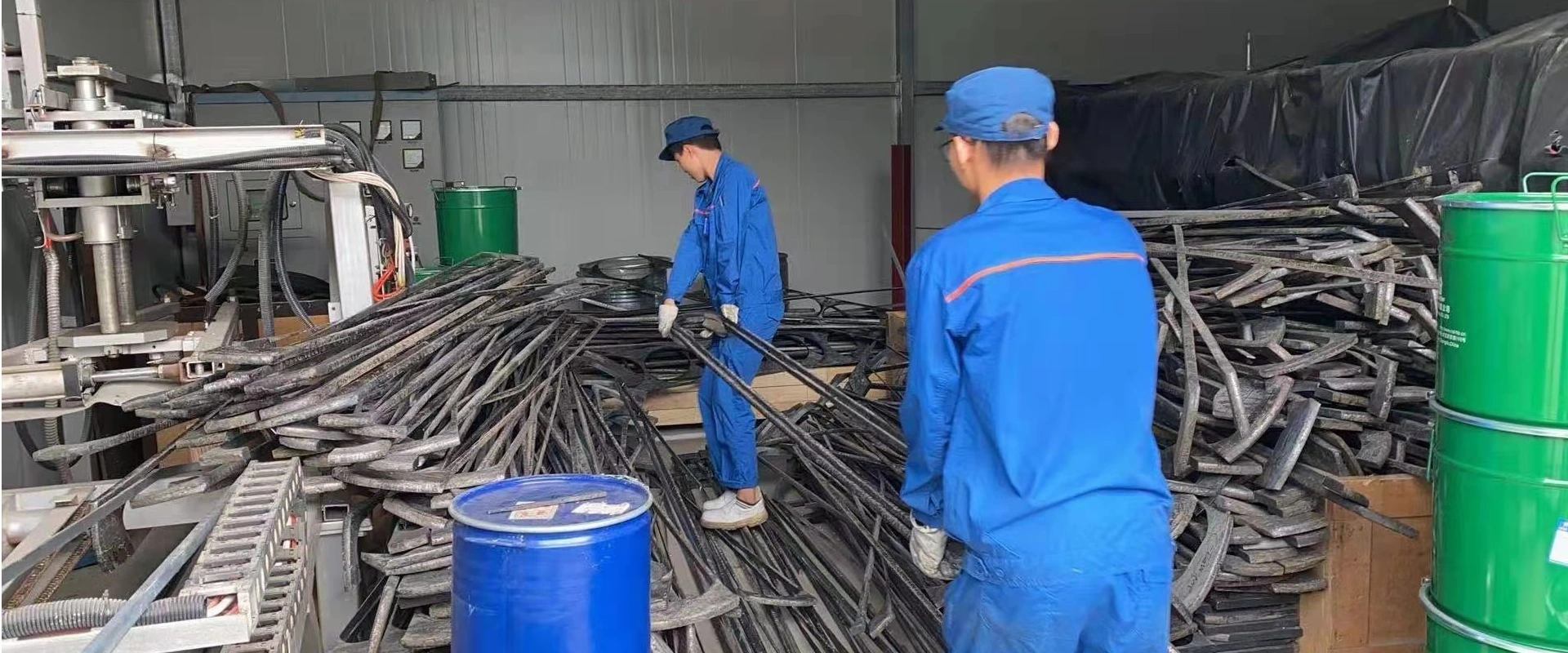RECYCLED METAL SCRAPS

RECYCLED METAL SCRAPS

In today’s world, sustainability and environmental protection are becoming increasingly important. In this regard, metal scrap is playing a crucial role.
The recycling of scrap metals for the production of new materials consumes less energy compared to the manufacturing of primary metals and results in fewer emissions.
RETI is specialized in supplying exotic scrap metals contributing to the circular economy by repurposing materials and minimizing waste. These metals are available including but not limited to Molybdenum, Tungsten, Tantalum, Niobium, Zirconium, Nickel and Titanium. Whether you are looking for alloying additives for stainless steel, alloy steel, tool steels, super alloys, or other applications, our team will work closely with you to provide the best cost-effective solution.
The metals RETI supplied play crucial roles in tailoring the properties of alloy steel & super alloy for specific applications, contributing to its strength, durability, and resistance to various environmental conditions.
Molybdenum
♦ Enhances strength and toughness of steel
♦ Improves corrosion resistance
♦ Facilitates the formation of stable carbides
Tungsten
♦ Improves hardness and wear resistance of steel
♦ Enhances high-temperature strength and stability
♦ Aids in the formation of fine-grain structure
Tantalum
♦ Increases corrosion resistance, particularly in acidic environments
♦ Improves high-temperature strength
♦ Aids in the prevention of grain growth
Niobium
♦ Enhances strength and toughness
♦ Promotes fine-grain structure
♦ Improves weldability
Nickel
♦ Increases resistance to corrosion and scaling at elevated temperatures
♦ Improve strength and hardness without sacrificing ductility and toughness
♦ Easier to shape and weld
Zirconium
♦ Refines the grain structure
♦ Improves high-temperature strength
♦ Assists in preventing grain growth during heat treatment
♦ Facilitates the formation of stable carbide